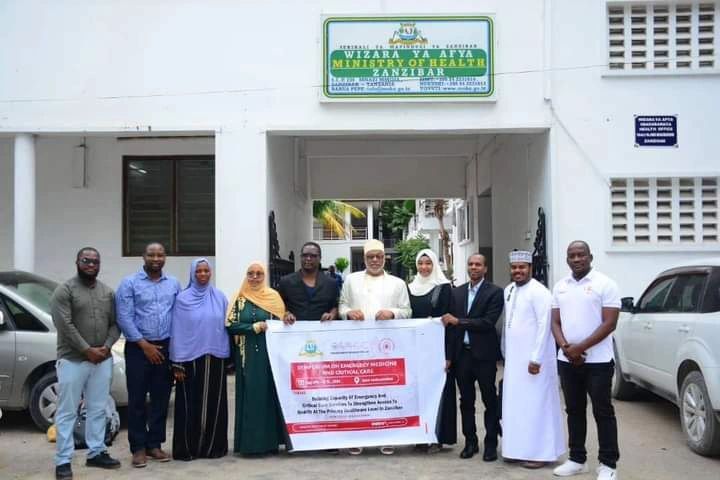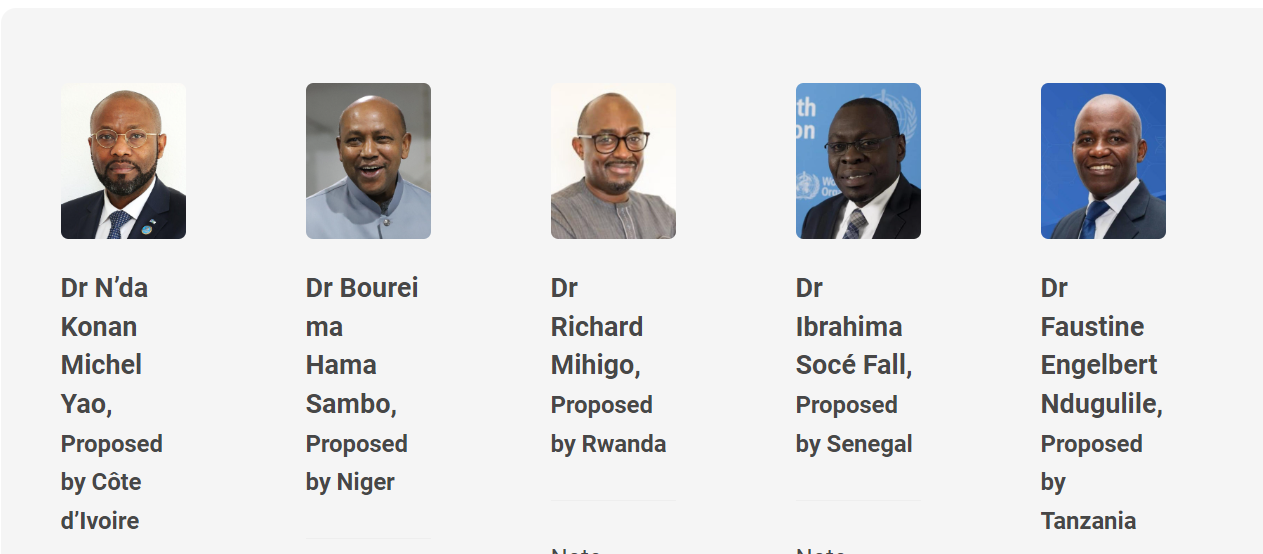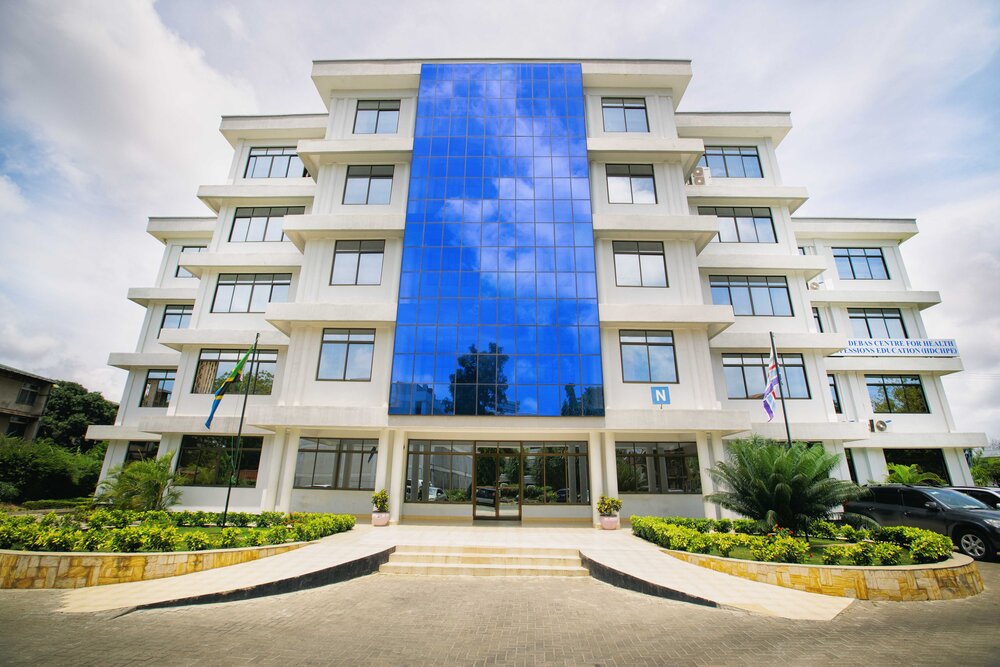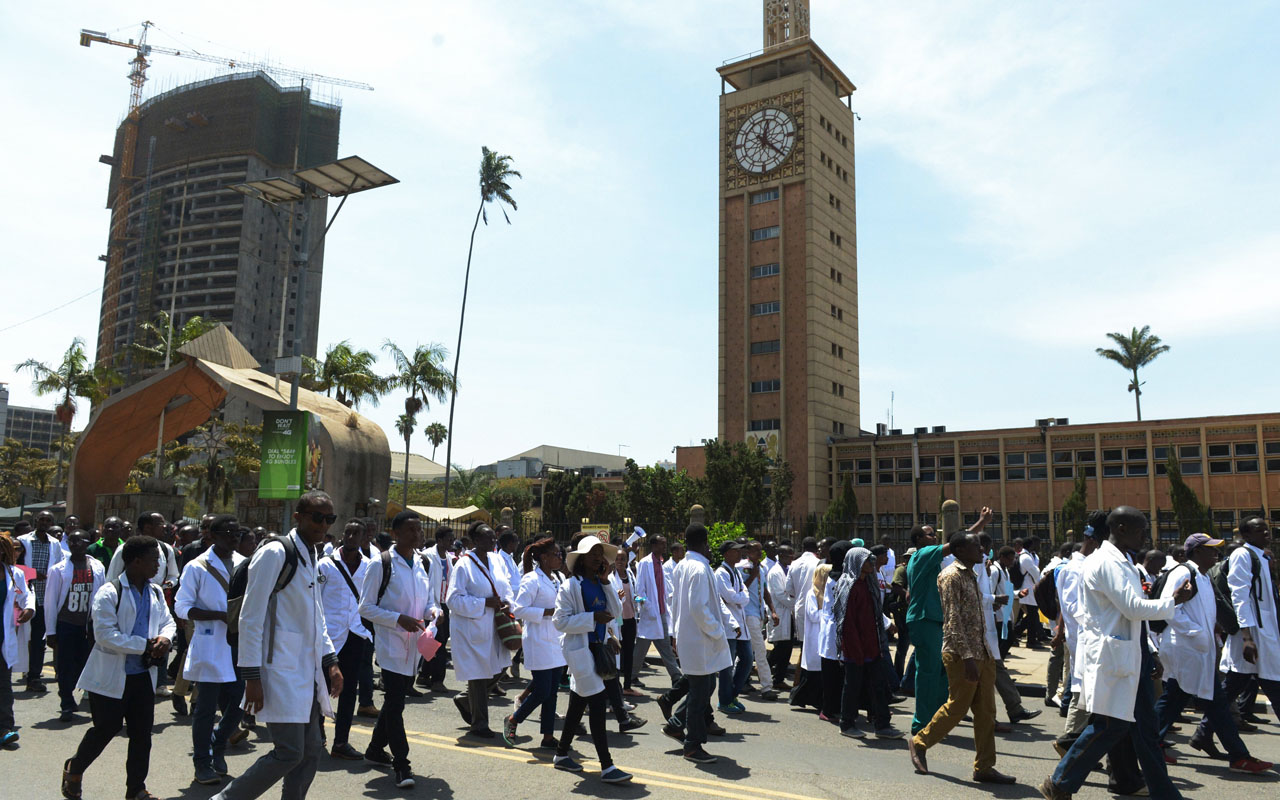- Tanzania faces a critical shortage of emergency and critical care services in hospitals
- Training program is expanding nationwide to improve care for life-threatening injuries and illnesses
- The Zanzibar Ministry of Health teams up with Emergency Medical Services Academy to address the challenge in the Isles
Emergency and critical care providers across the Indian Ocean Archipelago are set to boost their skills and improve healthcare standards at Primary Healthcare facilities, thanks to a symposium slated for August this year. In the pipeline for the event are intensive workshops, hands-on training and knowledge sharing sessions, said the organisers.
The symposium comes at the time when researchers are highlighting a critical gap in Essential Emergency and Critical Care in Hospitals in Tanzania where a lack of readiness in provision of low-cost, life-saving care for critically ill patients, has been noted.
Over 300 health workers in the emergency departments and Intensive Care Units (ICUs) from Primary Health Centers in Unguja and Pemba will benefit from the initiative, dubbed: Symposium on Emergency and Critical Care (SEMCC). Critical care, in this case, means medical care for people who have life-threatening injuries and illnesses.
A collaborative effort between the Zanzibar Ministry of Health and the Emergency Medical Services Academy (EMSA) will bring the critical skills symposium to the archipelago from 27th to 30th August.
Dr. Ramadhan Chunga, Emergency Medicine Specialist and Chair of the Organising Committee told MedicoPRESS that the latest initiative in Zanzibar marks an expansion of the training program, which has already enhanced emergency care capabilities in mainland Tanzania through regional health facility workshops.
The theme for the symposium is: Advancing Access To Quality Emergency And Critical Care Services at Primary Healthcare Level in Zanzibar- Unguja and Pemba.
The Zanzibar symposium, he said, is part of the wider project for Advancing Access to Quality of Emergency and Critical Care Services in Tanzania (AQECST). He added that the latest step is part of a nationwide drive to improve emergency and critical care services.
“These trainings will prepare doctors and nurses to work with quality and efficiency in our primary health centres,”
Dr. Ramadhan Chunga, Emergency Medicine Specialist and Managing Director of Emergency Medical Services Academy
He said this reflects the good intentions of the President of Zanzibar for quality health services. He was addressing reporters during a press briefing held in Zanzibar ahead of the event.
The initiative under AQECST mirrors the ongoing Super Specialists’ Camps inspired by Tanzania’s President Samia Suluhu Hassan, where they target patients; served by specialists. While AQECSTA targets; building capacity to Community Responders and Healthcare Workers improving Access to Quality of Services.
The AQECSTA initiative is focusing on strengthening access to quality emergency and critical care services by empowering Healthcare Workers (HCW) with enhanced skills and
best practices. Key areas include Community Emergency First Responders, Emergency Medicine Departments (EMD) and Critical Care Units (ICU/NICU), aiming to reduce Maternal
and Under-five child Mortality, address complications from Non-Communicable Diseases (NCDs), and Strengthen the Primary healthcare system.
The symposium, to be held in Zanzibar, will also involve hotel staff, drivers, traffic police, and community first aid responders, to improve the quality of emergency service provision in the community.

Regarding mainland Tanzania, Dr. Chunga explained that EMSA plans to hold another symposium in the Central Zone, which will take place in Dodoma at the Benjamin Mkapa Hospital (BMH) from September 24-27.









